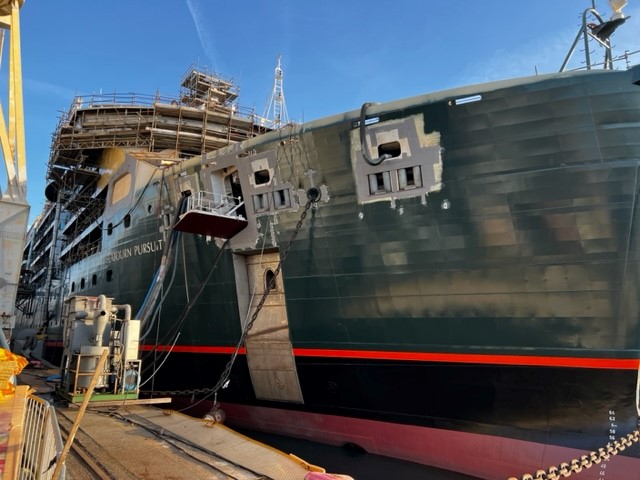Fallstudien
Fallstudien mit Polybuten-Rohrleitungssystemen
Die PBPSA ist ein Zusammenschluss von Weltmarktführern, die sich der Verwendung von PB-1 (Polybuten-1) für die Herstellung von Rohrleitungssystemen verschrieben haben.
Die PBPSA ist ein Zusammenschluss von Weltmarktführern, die sich der Verwendung von PB-1 (Polybuten-1) für die Herstellung von Rohrleitungssystemen verschrieben haben. Die auf dieser Website vorgestellten Fallstudien beschreiben abgeschlossene Projekte, bei denen PB-1-Systeme ausgewählt wurden — häufig für die Installation und den Einsatz unter schwierigen Bedingungen. Sie sind auch repräsentativ für das Vertrauen großer Architekten und spezifizierender Ingenieure in die langfristigen Wartungsvorteile, die PB-1-Systeme bieten.

Thank you! Your submission has been received!
Oops! Something went wrong while submitting the form.


















